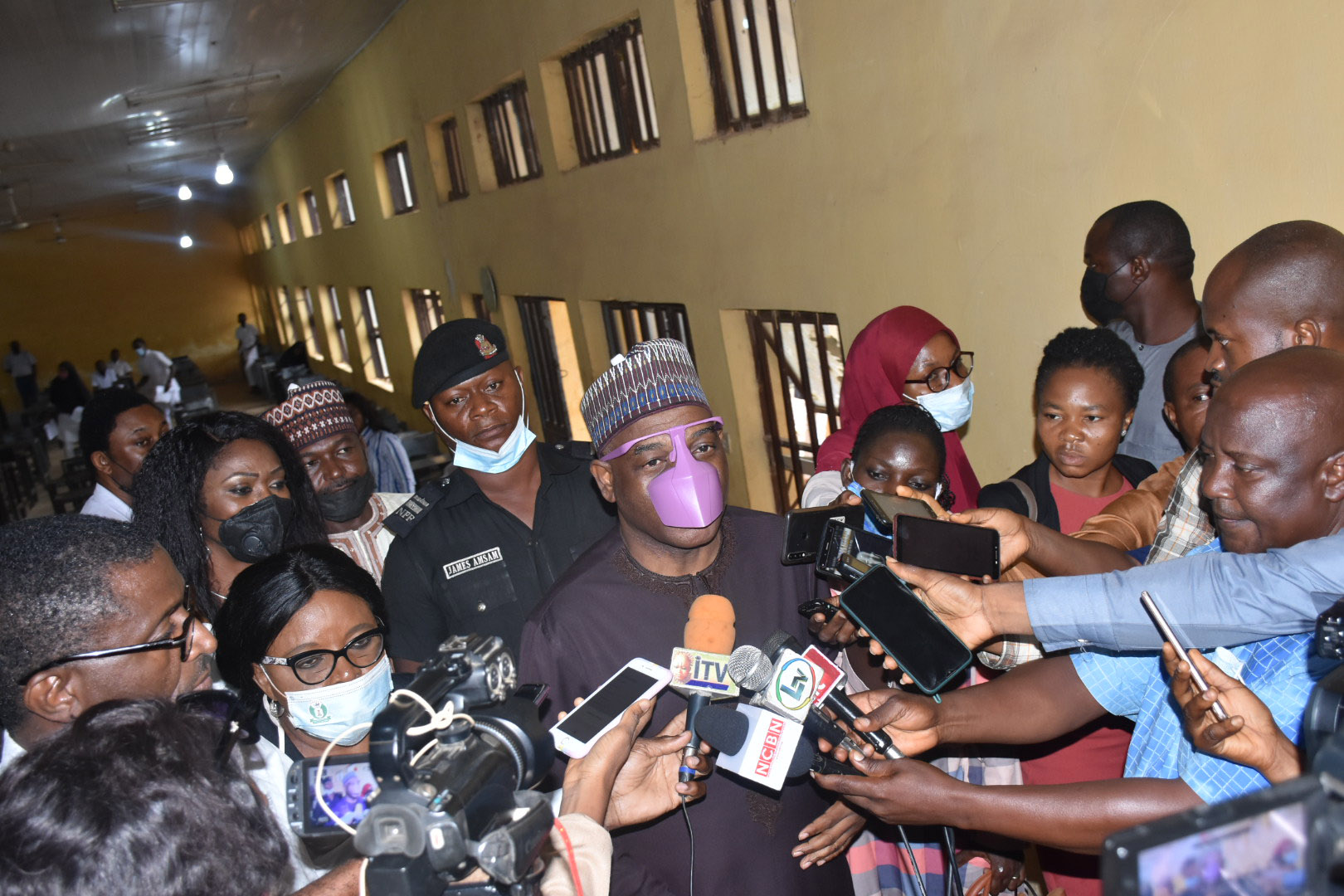Business
Verification: Customs Threatens To Detain Defaulting Airplanes

The Nigeria Customs Service (NCS) says it will detain any defaulting privately owned airplanes at the expiration deadline of the July 7, as part of the ongoing verification.
The Customs’ Public Relations Officer, Mr Joseph Attah, said this at a news conference in Abuja on Monday while giving an update of the verification.
The Tide recalls that the service on May 31 announced its intention to carry out holistic audit of the importation of private airplanes operating in the country.
Attah explained that, as agency of government responsible for enforcement of laws governing imports and exports in Nigeria, NCS would not hesitate to invoke appropriate sanctions on any defaulting private airplanes.
He said such action including detention of the airplanes would be taken immediately after the expiration of the verification period on Tuesday July 6.
The spokesperson disclosed that with two weeks into the 30 days verification period, only six owners of private airplanes had responded to the invitation.
He added that this was what necessitated the update and reminder to those who had not responded to do so in order to avoid possible detention of their airplanes.
“You will recall that the service on 31st May, 2021 made public its intention to carry out holistic audit of the importation of private aircrafts operating in the country.
“In addition to the press conference on the 31st May 2021, paid advertisement of invitation to private aircrafts owners for verification between 7th June to 6th July 2021 was published in Sun, Nation and Daily Trust news papers on 1st June, 2021.
“Online platforms have also been active on publication of the notice in public interest.
“The Service believes that owners of private aircrafts are highly placed individuals who would be willing to comply with extant laws of the land governing importation of the aircrafts they own, this includes payments of all appropriate duties and taxes.
“For the avoidance of doubt, private aircrafts owners or their representatives are to report to room 305, Tariff and Trade Departments, Nigeria Customs Service’ headquarters. Abuja” he explained.
He noted that the exercise which had commenced June 7, would end July 6 2021 adding that it starts from 10.00 a.m to 5.00 pm daily.
He said owners or representatives of private airplanes sould come with documents such as Aircraft Certificate of Registration, NCAA’S Flight Operations Compliance Certificate (FOCC) and
NCAA’S Maintenance Compliance Certificate (MCC).
According to him, others are NCAA’S Permit for non- Commercial Flights (PNCF) and Temporary Import Permit (TIP) where applicable.
Attah stated that the ongoing verification was to ensure all privately owned airplanes in the country were properly imported and cleared with all appropriate taxes paid.
Business
NCDMB, Jake Riley Empower 250 Youths On Vocational Skills

Business
NUJ Partners RSIRS On New Tax Law Education

Transport
Nigeria Rates 7th For Visa Application To France —–Schengen Visa

-

 Politics4 days ago
Politics4 days agoPFN Rejects Call For INEC Chairman’s Removal Over Genocide Comments
-

 Rivers4 days ago
Rivers4 days agoFasthire, PHCCIMA, CIPM Host CareerFest 2026 In PH
-

 Sports4 days ago
Sports4 days agoEnekwechi wins Orlen Cup in season opener
-

 Politics4 days ago
Politics4 days agoHoodlums Disrupt LP-ADC Defection Event In Lagos
-

 Sports4 days ago
Sports4 days agoFalconets, Senegalese Lionesses arrive Ibadan for qualifier
-

 Sports4 days ago
Sports4 days agoSimba open Nwabali talks
-

 Politics4 days ago
Politics4 days agoRemoval From INEC’s Portal, Abure-Led LP Faction Mulls Legal Action
-

 Niger Delta4 days ago
Niger Delta4 days agoTinubu, Jonathan, Diri Pay Last Respect To Ewhrudjakpo

